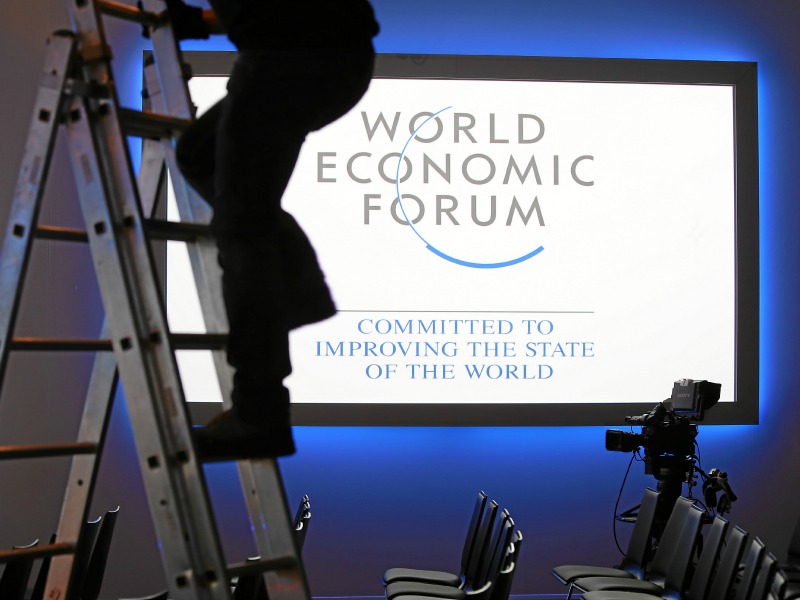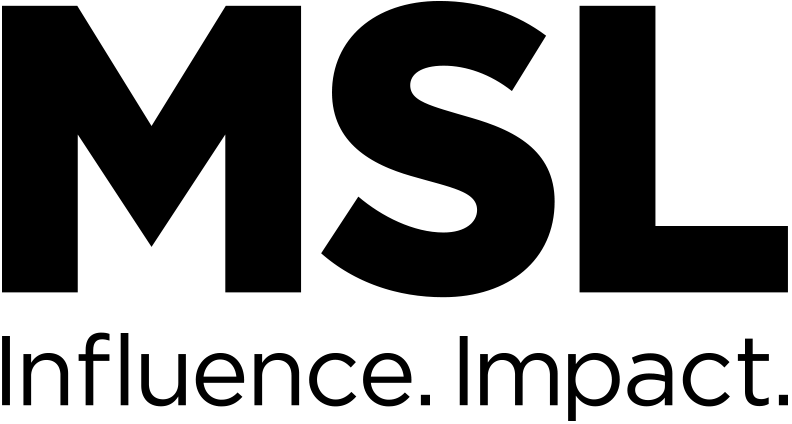MSL 20 Jan 2015 // 8:21PM GMT

World Economic Forum founder and Executive Chairman Dr Klaus Schwab views 2015 as a fork in the road: the coming year will either be one of “disintegration and hate”, or one of “solidarity and cooperation”, both of which were on display in Paris in the wake of the recent terror attacks.
In many respects, leaders from government, business and the not-for-profit sector will be meeting in Davos at a time of unprecedented global challenge: the world economy is struggling to generate growth, with the Eurozone heading toward quantitative easing to stave off deflation; lone wolf terror attacks in Canada, Australia, and France have demonstrated the reach of global terror; and regulators are struggling to reconcile the need for data sharing with the need for personal privacy.
The WEF Annual Meeting 2015 will host a number of sessions designed to get leaders to work together to solve what in many cases appear to be intractable problems.
Paradoxes abound. Communications platforms and networks are bringing workforces and activists together, and allowing them to work productively across the globe to produce positive change. These very same technologies, however, have allowed terror networks to spread propaganda and recruit supporters to their cause. Can the baby be saved while the bathwater is drained of these unsavoury elements?
On the government front, the reams of data generated by digital systems promises a new era of smart regulation in areas like energy or health. But these same advances in digital technologies threaten to widen the gap in outcomes between skilled and unskilled workers, as citizens in advanced Western democracies continue to experience a widening inequality gap. And with leaders meeting later this year in Paris to tackle climate change, what pressures will low oil and gas prices place on industry and government?
In contrast with the closed-door decision-making of the past, these challenges must now be tackled in full view, as technology has also brought about new levels of transparency, and a next generation of “millennials” interested in more than just the bottom line. How will the new generation of public and private sector leaders be groomed to meet this reality?
Whatever the result of this week’s discussions, Dr Schwab is correct in framing 2015 as a year of choice. The tools and technologies at the world’s disposal have never been more powerful or promising; it’s up to leaders to use them wisely to foster solidarity and cooperation.
Andrew MacDougall is senior executive consultant at MSLGroup London. Prior to joining the firm, he served as Director of Communications to Canadian Prime Minister Stephen Harper.


































.jpg)















